Alexei Navalny: ‘People always ask how I’m still alive’
As Alexei Navalny lays comatose in a Berlin hospital everyone wonders if the tragic fate long predicted for this relentless Putin critic has finally caught up with him.
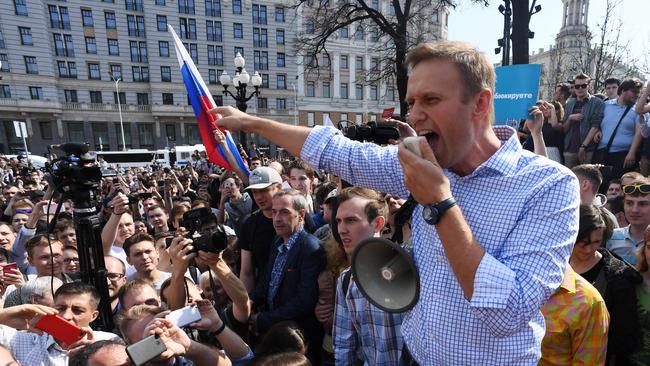
He has been assaulted, sued and vilified as a dangerous agent of the West, but Alexei Navalny, Russia’s leading opposition activist, was always full of dark humour. “The question people most frequently ask me is, ‘How come you’re still alive?’” he joked when we first met.
Yesterday (Saturday), as he lay comatose in a Berlin hospital being treated for suspected poisoning, friends, family and supporters were wondering if the tragic fate long predicted for this relentless critic of President Vladimir Putin had finally caught up with him.

While others who had the temerity to attack Russia’s ruling kleptocrats were dead, imprisoned or exiled, Navalny, 44, a lawyer and anti-corruption campaigner, had been travelling around Siberia last week urging people to vote in local elections against Putin – the “tsar of corruption”, he calls him – and his “party of crooks and thieves”.
“He is one of the most effective, prominent and, frankly, dangerous political opponents of the Putin regime,” said Vladimir Kara-Murza, another opposition activist, who survived poisoning attempts in 2015 and 2017 and had to learn to walk again. “It’s an extremely painful thing to go through,” he told me. “It’s about time people started calling things what they are.”
He and other Kremlin critics are convinced that Putin, a former KGB lieutenant-Colonel, knows Navalny is the one figure capable of leading a mass uprising against him – and that he personally ordered the attack in fear of new challenges from a wave of Siberian protests and upheaval in Belarus, on Russia’s western border.
If so, it is a risky enterprise. As much at home in the Siberian hinterland as he is in Moscow, and with an online following of millions, Navalny is hugely popular – particularly among younger Russians. They shook the Kremlin by pouring into the streets in their thousands in protest against his arrest in 2012 and might be expected to react with even greater fury if he dies as a martyr to the cause.

If he were willing to take that risk, Putin’s primary motive might be to discourage the new generation of Russian dissenters, who are increasingly angry about corruption and falling living standards, from being inspired by Belarus – where demonstrators are trying to push one of his closest allies from office.
“Putin is more scared of Belarus than blowback from killing Navalny,” said Bill Browder, an American-British businessman who has spearheaded international legislation to target Russian oligarchs after a lawyer representing his business in Moscow, Sergei Magnitsky, was beaten to death in prison.
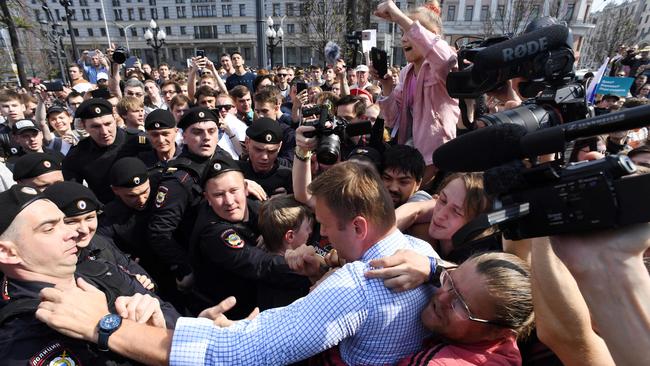
According to Browder, the point of poisoning is not only to do away with troublesome figures but also to discourage others. “Putin uses this method of assassination for the specific reason that it’s designed to be almost impossible to prove,” he said. “And it gives him plausible deniability while scaring everyone.”
The video clips of Navalny’s stricken groans from the back of an aircraft before he fell unconscious and was put into an ambulance on a stretcher on Wednesday – after his flight from Tomsk was diverted to Omsk in the heart of Siberia – cannot fail to have a chilling effect on anyone considering joining the opposition.
They were an example of what Mark Galeotti, of the Royal United Services Institute in London, called the “vicious theatricality” of poisoning, as were images of Alexander Litvinenko, the Russian defector, as he lay in a hospital bed suffering an agonising death in London in 2006 after drinking tea laced with radioactive polonium-210.
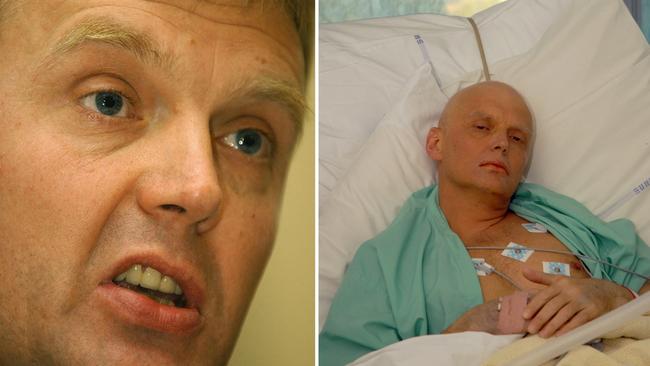
Navalny’s entourage suspect the tea he drank from a red plastic cup in the departure lounge at Tomsk airport had been laced with a toxin. It is by no means the first time that he has come under assault. He is partially blind in one eye after someone squirted a toxic green liquid at him in 2017. The culprit was never found. Last year he was admitted to hospital after suffering a severe allergic reaction to a toxic agent allegedly smeared on his pillow during one of his stints in police custody.
What most irks the Kremlin are Navalny’s films on YouTube, which have become a Russian internet sensation. He has flown video drones over the palaces of the elite “to explain to people what corruption looks like” and stoke rage among ordinary Russians over such blatant corruption. Ever the showman, Navalny one day presented me with a large calendar that his “anti-corruption foundation” had produced. It featured photographs, one for each month, of a “dirty dozen” of Putin cronies pictured against the backdrop of their ill-gotten gains.
No wonder people kept asking Navalny about his continuing good health. But did Putin really want him dead? I asked him once if he thought Putin had ordered the attack with the green dye. He said the leader gives out “signals” and “everyone knows what to do”.
He went on: “I don’t think that Putin would say to someone directly, ‘Please meet Navalny in front of his office and toss toxic liquid in his face.’ They would have had a meeting and said, ‘We should pressure him, make him uncomfortable.’ People know how to read the hints.”
While his exposes, based on analysis of land registries and the filings of offshore companies, have made him many enemies, none would feel free to strike without some “signal” from Putin.
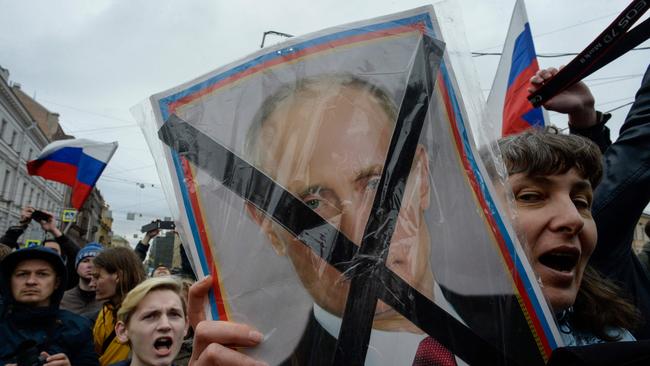
Navalny was said yesterday (Saturday) to be in a “stable” condition but in an artificially induced coma to prevent convulsions. However, no criminal investigation had been opened in Russia, where the hospital that first treated him ruled out poison.
The same sinister pantomime unfolds each time the Kremlin is accused of a crime, from the annexation of Crimea to the downing of a civilian airliner over eastern Ukraine and the attempted assassination in Salisbury of the Russian defector Sergei Skripal.
As the propaganda machine hummed into action, the Kremlin brazenly stated that claims of poisoning were “mere conjecture”, adding: “We wish him the speediest possible recovery.”
High among the implausible versions of what had happened was the claim of a “security source”, quoted by the official Tass news agency, that Navalny had probably poisoned himself while drunk.
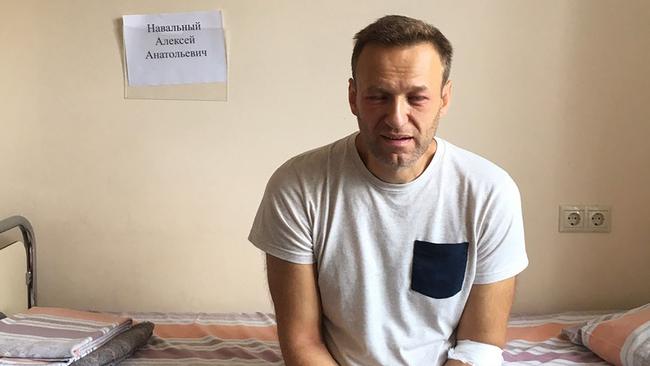
“Every time it’s exactly the same,” said Kara-Murza, “they start peddling conspiracy theories that nobody poisoned them, that they just drank too much wine or took some medicine.”
At the same time, state security took no chances. Three of its agents were photographed installing themselves in the office of the chief medical officer at the Tomsk hospital that treated Navalny. And having first announced that he had been poisoned, the hospital changed its story: he was suffering from a metabolic disease caused by low blood sugar.
As suspicions grew that Navalny’s life was in danger if he remained under state supervision, his wife, Yulia, appealed personally to Putin to let him go abroad for treatment. Permission was given, but only after enough time had passed to make a toxic agent almost impossible to detect – even by the most sophisticated equipment and best doctors in Berlin.
@MCinParis
The Times

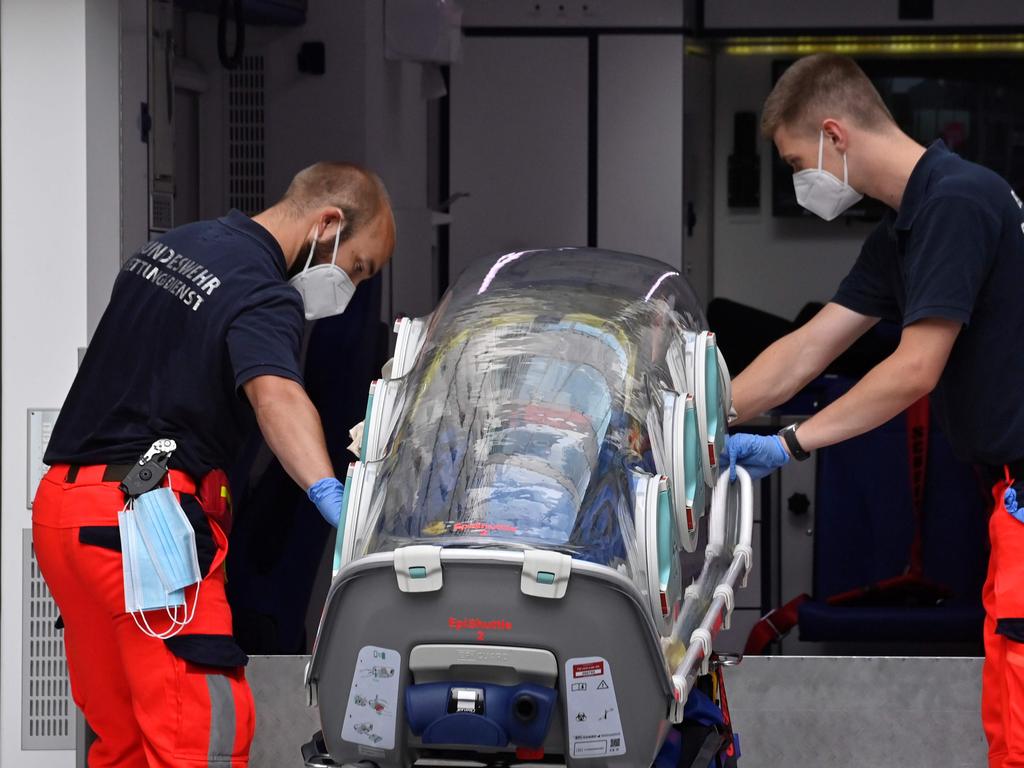

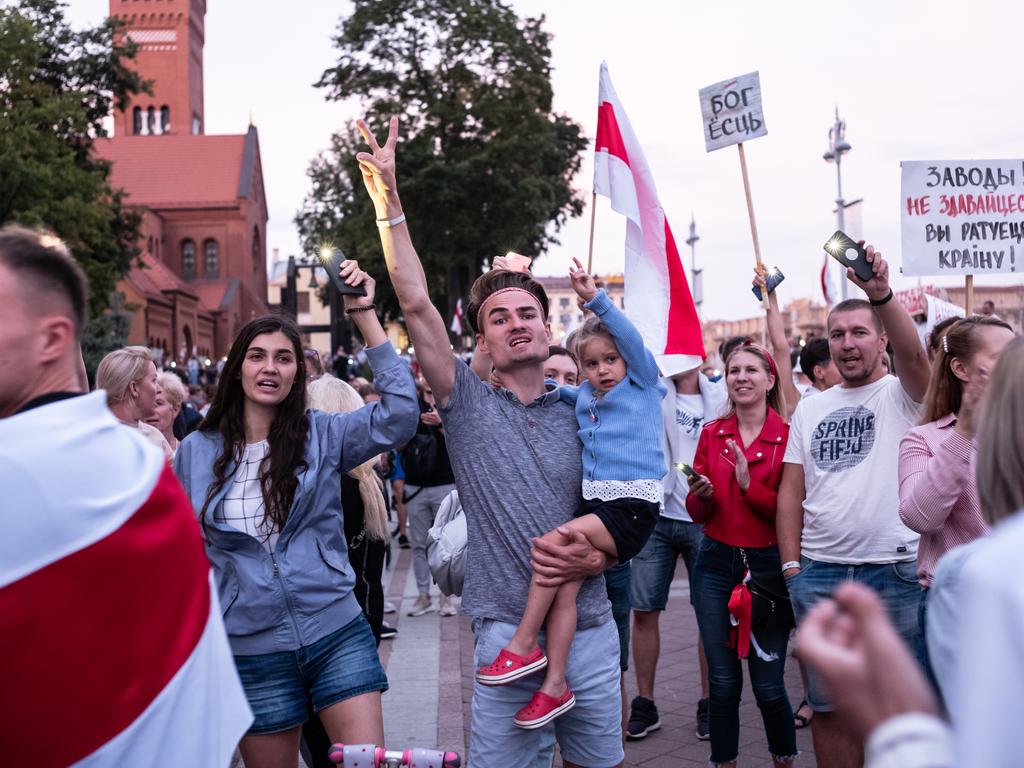



To join the conversation, please log in. Don't have an account? Register
Join the conversation, you are commenting as Logout